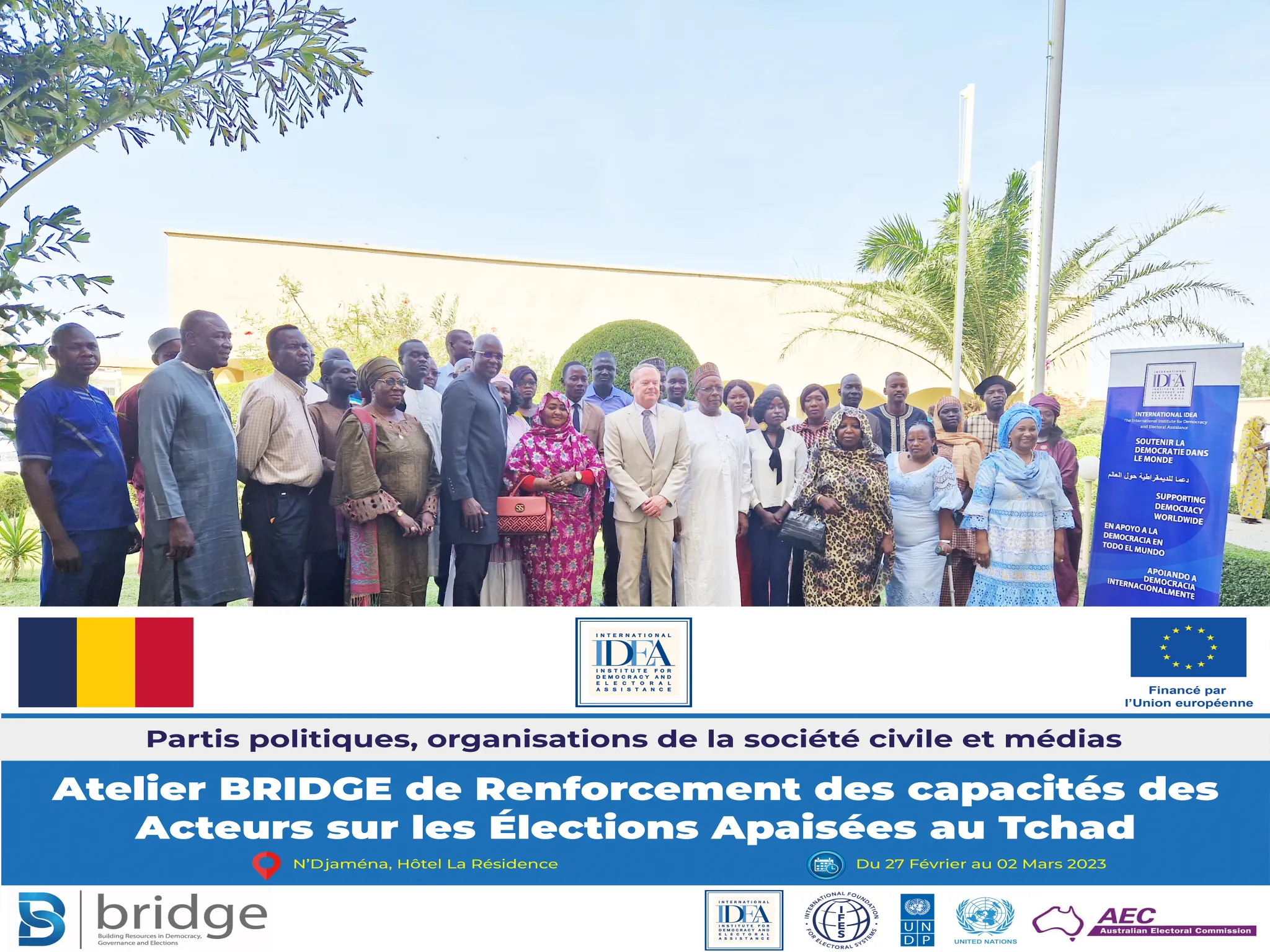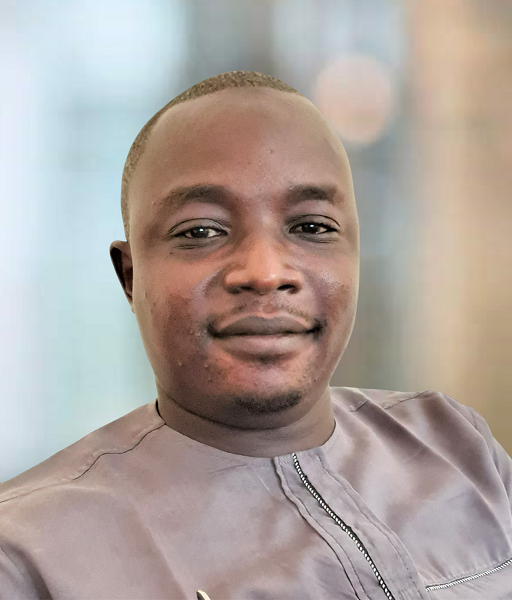BRIDGE trainingon creating an appeased environment of elections in Chad

International IDEA Chad is organizing a 4-day BRIDGE training (February 27 – March 2) for representatives of political parties, civil society organizations and the media on “Creating an appeased environment conducive of peaceful elections in Chad". This workshop is part of the Program component "Dialogue inclusiveness and appeasement of the political and social climate post-DNIS" in support of the Democratic Transition in Chad.
In his official opening remarks, the Minister of National Reconciliation and Social Cohesion, Abdramane Koulamallah, warmly thanked IDEA International for this timely workshop because of the upcoming referendum and elections. For him, if Chad wants to have free, transparent, and peaceful elections, they can only be held in a climate of peace.
The European Union ambassador to Chad, Kurt Cornelis, highlighted the aspiration of a large proportion of the Chadian population, which is young and diverse, for greater social inclusion to live in this country to achieve their dreams that are being able to go to school, get health care, grow, and build its future in peace, but not to join the rebellion.
In his welcome remarks, International IDEA Chad Head of Program, Abdoul Wahab Ba, recalled the intergovernmental organization’s leading role as an organization solely dedicated to the advancement of democracy in the world through inclusiveness and political participation, democratic elections and constitution-building programs.
In the view of the tense socio-political climate, in the aftermath of the October 20, 2022, deadly clashes, IDEA International has elected, following the national boundaries and the EU, to put more emphasis on conflict prevention and appeasement approaches in the lead-up to the referendum and the elections, prevention of election-related violence and confrontation at the heart of its work while prioritizing dialogue that can facilitate political stability and appeased socio-political climate.




